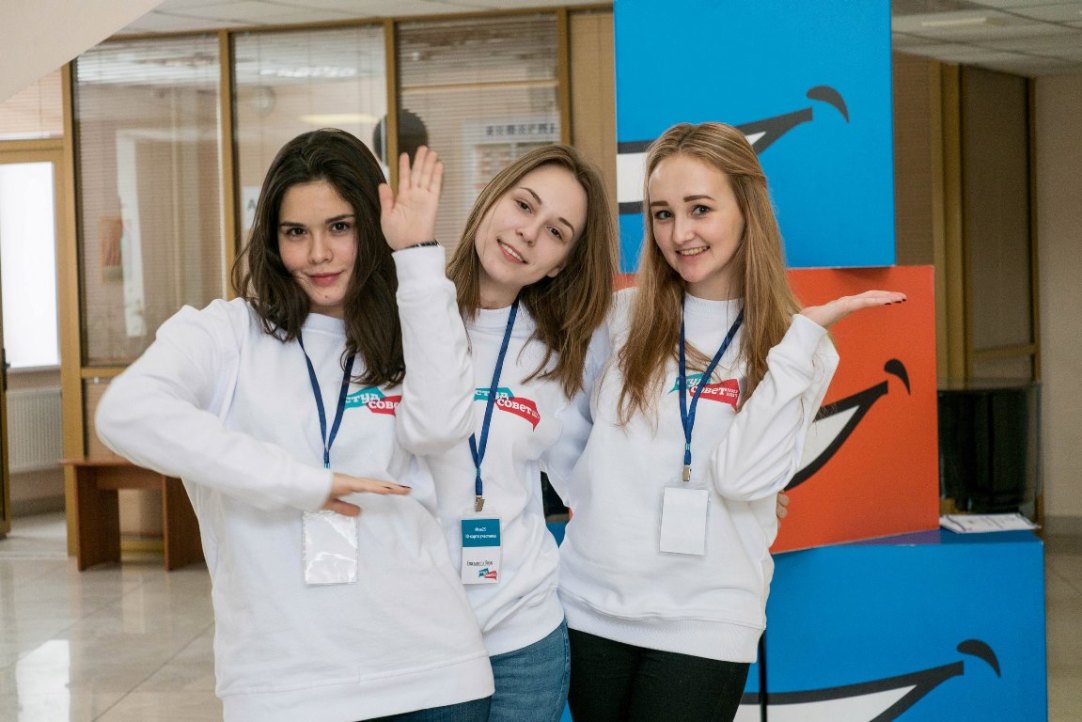HSE Elects New Student Ombudsman and Members of Student Council

On December 4, the vote for student ombudsman came to an end, and on December 6, new members of the HSE Student Council met for the first session.
Who took part in the elections?
To become a member of a faculty student council, students had to submit an application with their election programmes attached. The trend this year was nomination in groups, associations, and even parties, in which candidates were united by joint goals and agendas. The Faculty of Communications, Media, and Design saw the highest number of such teams – there were three of them. But such developments didn’t do any harm to individual candidates; in the end, they received the most votes across the university.
A total of 323 applications were submitted for the student council elections, and four candidates competed for the ombudsman’s position. The Faculty of Communications, Media, and Design also demonstrated the most competition with three candidates competing per seat on the student council. The most competitive dorm was Dubki, where 2.5 people competed per seat on average.
Overall, 3,818 students voted for faculty student council members, and 1,303 – for dorm student council members.
How did candidates persuade voters?
A new feature this year was a platform for debates on student government that was organized by the HSE Student Council under the #hsecouncil_debate hashtag. Any HSE student or graduate had the opportunity to publicly call any other student or graduate to a debate, and if the other person agreed, the Student Council took on responsibility for the logistics – booking the room, informing students, etc. While not very many people were willing to use this option, it is likely that platform will continue to be used in the future.
The traditional debates among the candidates for the ombudsman’s position have also taken place, attracting all the four candidates. This year, the debates took place in a sensible and less emotional way, thanks to tougher regulations and limited time for candidates’ expressions.
How did voting proceed?
For the first time ever, this year’s student council and ombudsman elections were organized without paper ballots. The vote took place on Polys.me, an online voting platform. The blockchain-based system rules out the possibility of ballot-stuffing and unfair elections, and provides an opportunity to vote from home, from either a desktop or mobile device.
Not everything went completely smoothly, however. For some, the system turned out to be too complicated, while others forgot their HSE mail passwords or simply couldn’t find the message with the link to vote. The student government election committee, which was created this year and replaced a number of local committees, resolved all of these issues quickly. The latest news stories on the election were published on the student council and election committee groups at VKontakte.
Who won the election?
Following the vote, 18 student councils at faculties were formed, which include 175 members. Some of the student councils reduced the number of members in the new vote in order to make the decision process easier. For example, the student council at the Faculty of Business and Management is three times smaller this year (down to 10 members from 30). The lists of council members were also renewed, with 60-100% of many councils now being made up of new members.
The new all-university student council includes 52 students. It is chaired by Daria Fokina, a second-year student of Advertising and PR.
The new Student Ombudsman is Nikita Shabanov, a fourth-year student of Asian Studies.
You can follow the new HSE Student Council’s activities on its VKontakte group and the Telegram channel (in Russian).
How are international students represented?
Re-elections for the International Students' Association (ISA) Board also took place recently. The board now includes ten members, who come from Germany, India, Mozambique, the Netherlands, and the CIS countries. Since the ISA board now has more members now (it used to include eight, four of whom had left the board, leaving it with only four members), it has more representatives in the ‘big’ HSE Student Council – a total of three votes. Because of the new influx of people, a new ISA chair, vice chair, and secretary were also elected. Now, Nina Ladinskaya (enrolled in Fundamental and Computer Linguistics Bachelor's programme will be the chair, Inga von der Stein from Master's programme in International Relations in Eurasia - the vice chair, and Abhinav Sharma, currently studying in Preparatory Year programme, will be the secretary.
The new ISA board is going to set new priorities. In addition to organizing social events, it will now focus on more practical issues, such as helping students with visa issues, language problems at dormitories, paperwork, and other bureaucratic concerns. One proposed idea is to create a survival guide for international students at HSE. Another priority area will be academic activities, such as organizing student talks where international students will share their knowledge about their respective fields. A gap currently exists between exchange students, Russian students, and full-degree foreign students; the goal of the International Students Association is to bridge this gap.

